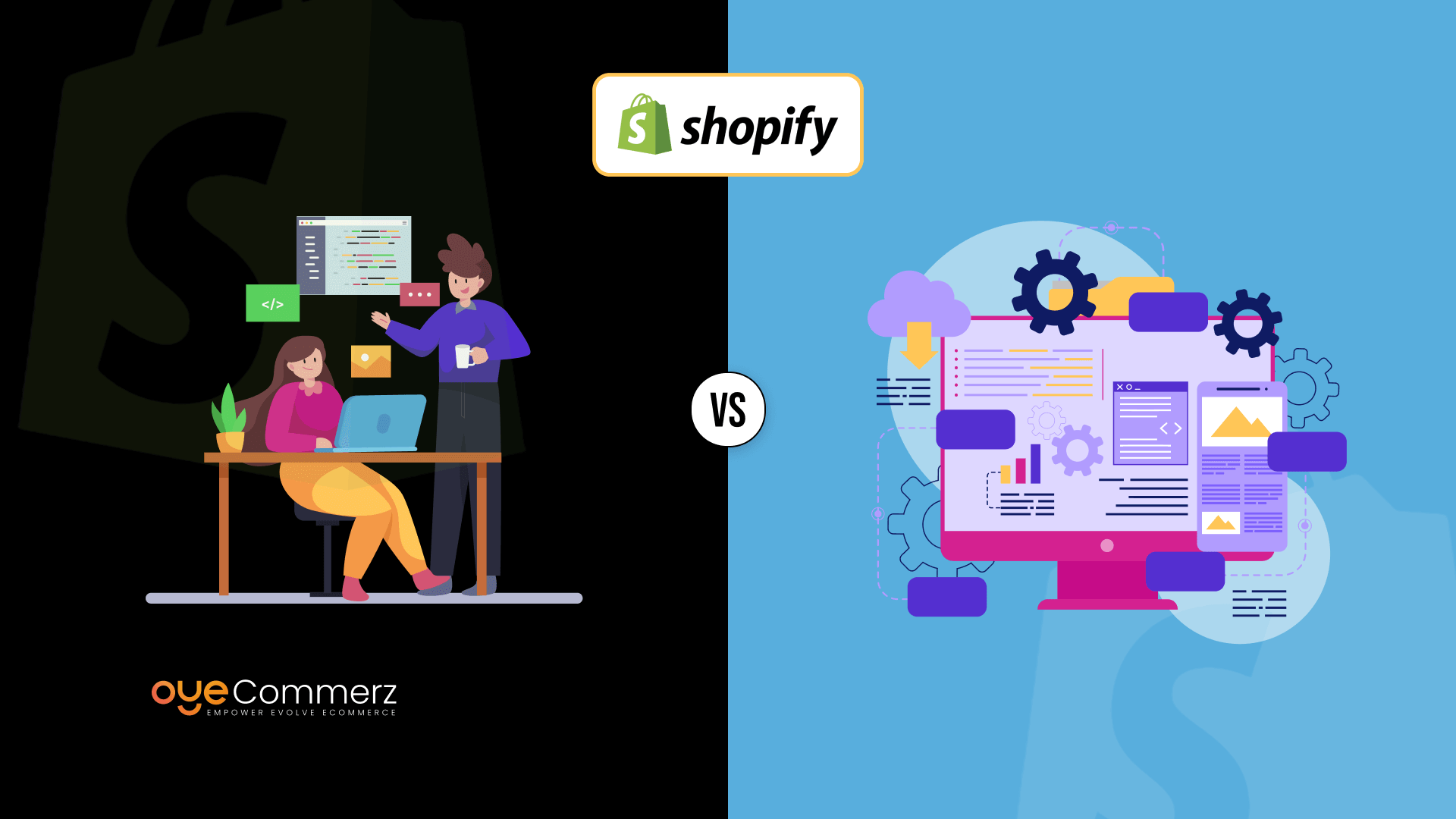Overview
In the current competitive e-commerce landscape, differentiating is essential, and one of the best ways to differentiate a Shopify store is through tailored app development. A well-built Shopify app can boost store capabilities, streamline operations, and elevate customer interaction. This article explores essential aspects of Shopify app development, from API integration to scaling strategies and digital marketing approaches, providing a roadmap for companies seeking unmatched store performance.
The Importance of Shopify API Integration
Shopify’s API offers robust tools to personalize and expand store capabilities. With the GraphQL and REST API options, developers can retrieve information to build applications that handle inventory management, order handling, and customer information management smoothly. Integrating Shopify’s API can lead to better workflow automation and allows stores to serve customers more effectively.
Utilizing the Polaris Design System
Shopify’s Polaris is Shopify's design system for creating intuitive and accessible Shopify apps. By adhering to Polaris guidelines, developers ensure that apps seamlessly integrate within the Shopify Admin interface. This ensures a cohesive look and feel that resonates with Shopify merchants, encouraging usability and comfort for merchants using your tailored app.
Navigating the Shopify App Ecosystem
The Shopify app ecosystem offers endless possibilities for enhancing e-commerce sites. From handling order fulfillment to boosting customer interaction, apps in this environment are designed to meet various business requirements. Learning about this ecosystem helps developers in identifying unique app ideas and enables smooth connections of external tools that add value to the store.
Building Embedded Shopify Apps
Embedded apps work seamlessly within the Shopify Admin, providing a smooth interface for merchants. They allow merchants do not need to navigate away from their Shopify dashboard, simplifying their process. Employing Shopify App Bridge and embedded app capabilities is recommended for providing a unified, integrated user experience.
Using Node.js and React for Shopify Apps
Node.js and React have become top options for Shopify app development. Node.js enables high-performance server-side applications, while React allows for interactive and adaptive front-end user interfaces. Together, they provide an strong framework for building fast, scalable Shopify apps that improve store functionality and customer engagement.
Webhooks in Shopify Apps
Webhooks allow real-time data synchronization between Shopify and an external app. They initiate events such as new orders or stock changes and provide immediate alerts to your app. By utilizing webhooks, apps can deliver real-time insights for store owners, simplifying processes and increasing efficiency.
Customer Engagement and Digital Marketing for Shopify Apps
To make a Shopify app successful, engaging customers is key. Utilizing digital marketing strategies like SEO, email marketing, and social media campaigns can drive app adoption. Additionally, designing apps with customer engagement in mind (e.g., loyalty programs or personalized Streamlined operations for Shopify stores recommendations) increases user retention and loyalty.
Scaling Your Shopify App
As e-commerce businesses grow, so do their technological needs. Making sure that your app can manage higher usage, larger data sets, and more advanced functionalities is critical. By improving server resources and using scalable technologies, you can develop apps that grow in tandem with a store’s success.
Important Features and Maintenance Tips for Shopify Apps
For an app to be useful, it should offer key capabilities like user authentication, dashboard analytics, and customer support options. Regular app upkeep, with updates to fix bugs and compatibility checks with new Shopify functionalities, is important to ensure uninterrupted performance and prevent disruptions to business processes.
Summary
Custom Shopify app development offers immense opportunities for e-commerce stores, providing the chance to enhance store functionality, simplify operations, and foster customer loyalty. Embedded Shopify apps With API integrations and Node.js to focusing on scalability and customer engagement, creating a Shopify app involves careful planning and well-planned actions. If you’re prepared to unlock your store’s full potential, a custom Shopify app may be the ideal choice. What features do you see for your dream application? Share your thoughts and take the first step toward an optimized e-commerce journey!
